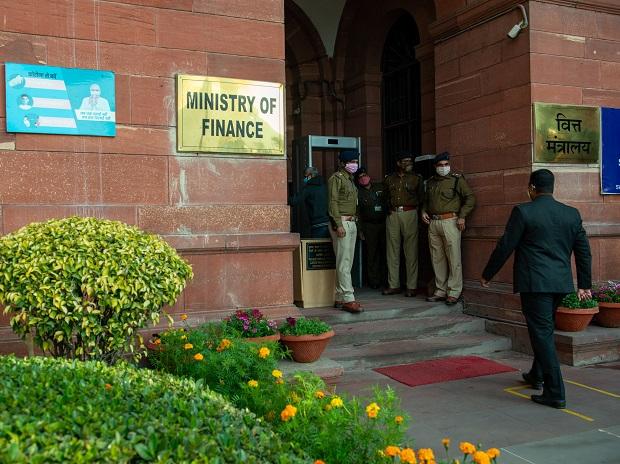Finance ministry asks Sidbi to increase direct lending portfolio

The finance ministry has urged the Small Industries Development Bank of India (Sidbi) to increase direct lending portfolio, Sudatta Mandal, deputy managing director, Sidbi, said.
“In terms of percentage in the overall book, the direct lending portfolio would appear to have come down, but in absolute numbers, it has grown. To increase it, Sidbi has introduced various initiatives such as digitising the entire lending process to MSMEs, cash flow based invoice financing of small and micro enterprises and quick dispensation products requiring lighter due diligence,” Mandal said in an exclusive interview with Business Standard.
Click here to follow our WhatsApp channel
On the Capital Adequacy Ratio (CAR) declining sequentially by 366 basis points to 15.63 per cent at the end of the first quarter of this financial year (FY24), Mandal said Sidbi has been able to leverage capital in a more efficient manner as the size of the balance sheet has more than doubled in the last two years.
“To sustain the exponential growth in balance sheet witnessed in the last two years, Sidbi will need more capital. It has initiated talks with its shareholders in terms of raising capital and since the government is the largest shareholder, we are talking to them on this matter,” Mandal said.
On the expected profit for the financial institution in FY24, Mandal said that in absolute numbers, the profit is expected to go up from Rs 3,344 crore earned in FY23 because the average earning assets will be higher.
“As the total assets and the total business book of the bank grows the profit in absolute numbers will also grow. But the margins are likely to get squeezed because they are under pressure everywhere,” he added.
Out of the Rs 10,000 crore corpus available under the Fund of Funds for Startups (FFS) Scheme, Sidbi has sanctioned around Rs 9,500 crore to Alternative Investment Funds (AIFs) and disbursements have been around Rs 4,500 crore so far.
Sidbi puts money in AIFs that in turn invest in these startups.
Mandal said the disbursements by these AIFs have slowed down a bit because they have been wary of making investments and they are also evaluating their investing companies much more closely.





